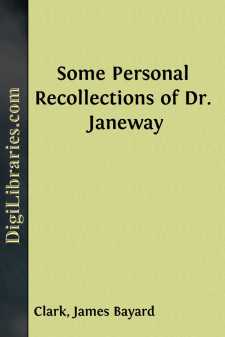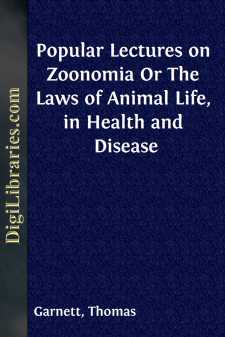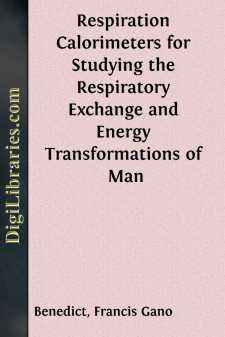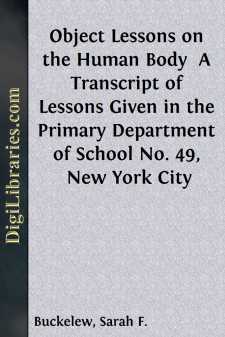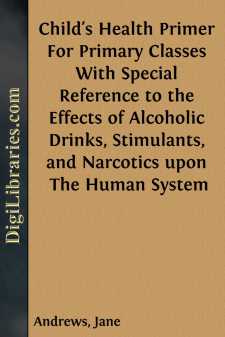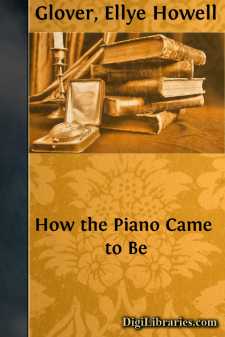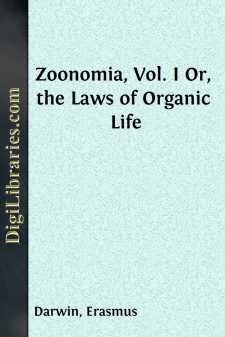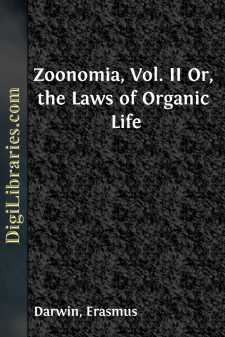Categories
- Antiques & Collectibles 13
- Architecture 36
- Art 48
- Bibles 22
- Biography & Autobiography 813
- Body, Mind & Spirit 142
- Business & Economics 28
- Children's Books 13
- Children's Fiction 10
- Computers 4
- Cooking 94
- Crafts & Hobbies 4
- Drama 346
- Education 46
- Family & Relationships 57
- Fiction 11828
- Games 19
- Gardening 17
- Health & Fitness 34
- History 1377
- House & Home 1
- Humor 147
- Juvenile Fiction 1873
- Juvenile Nonfiction 202
- Language Arts & Disciplines 88
- Law 16
- Literary Collections 686
- Literary Criticism 179
- Mathematics 13
- Medical 41
- Music 40
- Nature 179
- Non-Classifiable 1768
- Performing Arts 7
- Periodicals 1453
- Philosophy 64
- Photography 2
- Poetry 896
- Political Science 203
- Psychology 42
- Reference 154
- Religion 513
- Science 126
- Self-Help 84
- Social Science 81
- Sports & Recreation 34
- Study Aids 3
- Technology & Engineering 59
- Transportation 23
- Travel 463
- True Crime 29
Sort by:
"Well, they're gone!" said Direxia Hawkes. "H'm!" said Mrs. Tree. Direxia had been to market, and, it was to be supposed, had brought home, beside the chops and the soup-piece, all the information the village afforded. She had now, after putting away her austere little bonnet and cape, brought a china basin, and a mystic assortment of white cloths, and was polishing the...
more...
What it is that has kept urging me to write down these recollections of Edward Gamaliel Janeway, the physician, would indeed be rather hard to define, but the desire to record a little something of what I had personally come to know of this unusual man made itself felt very shortly after his death, now over five years ago. Since that time this feeling—steadily growing—seems irresistibly to have...
more...
by:
Thomas Garnett
AN ACCOUNT OF THE LIFE OF THE AUTHOR. DR. GARNETT was born at Casterton, near Kirkby Lonsdale, Westmoreland, on the 21st of April, 1766. During the first fifteen years of his life, he remained with his parents, and was instructed by them in the precepts of the established church of England, from which he drew that scheme of virtue, by which every action of his future life was to be governed. The only...
more...
INTRODUCTION. The establishment in Boston of an inquiry into the nutrition of man with the construction of a special laboratory for that purpose is a direct outcome of a series of investigations originally undertaken in the chemical laboratory of Wesleyan University, in Middletown, Connecticut, by the late Prof. W. O. Atwater. Appreciating the remarkable results of Pettenkofer and Voit and their...
more...
AUTHOR'S NOTE TO THE PUPIL. This book has been prepared to help you in learning about "the house you live in," and to teach you to take care of it, and keep it from being destroyed by two of its greatest enemies,—Alcohol and Nicotine. As you study its pages, be sure to find out the meaning of every word in them which you do not understand; for, if you let your tongue say what your mind...
more...
by:
Jane Andrews
As this little book goes to press, Massachusetts, by an act of its legislature, is made the fourteenth state in this country that requires the pupils in the primary, as well as in the higher grades of public schools, to be taught the effects of alcoholics and other narcotics upon the human system, in connection with other facts of physiology and hygiene. The object of all this legislation is, not that...
more...
How the PianoCame To Be From the dried sinews stretched across the shell of a dead tortoise to the concert-grand piano of the present day is a far flight. Yet to this primitive source, it is said, may be traced the evolution of the stringed instrument which reached its culmination in the piano. The latter has been aptly called "the household orchestra," and in tracing its origin one must go far...
more...
by:
Erasmus Darwin
SECT. I. OF MOTION. The whole of nature may be supposed to consist of two essences or substances; one of which may be termed spirit, and the other matter. The former of these possesses the power to commence or produce motion, and the latter to receive and communicate it. So that motion, considered as a cause, immediately precedes every effect; and, considered as an effect, it immediately succeeds every...
more...
by:
Erasmus Darwin
PREFACE. All diseases originate in the exuberance, deficiency, or retrograde action, of the faculties of the sensorium, as their proximate cause; and consist in the disordered motions of the fibres of the body, as the proximate effect of the exertions of those disordered faculties. The sensorium possesses four distinct powers, or faculties, which are occasionally exerted, and produce all the motions of...
more...
by:
Gordon Home
CHAPTER I Concerning those which follow "Brother," quod he, "where is now youre dwellyng,Another day if that I sholde you seche?"This yeman hym answerde, in softe speche:"Brother," quod he, "fer in the north contree,Where as I hope som tyme I shal thee see." The Friar's Tale. Chaucer. In the North Riding of Yorkshire, there is a town of such antiquity that its...
more...



